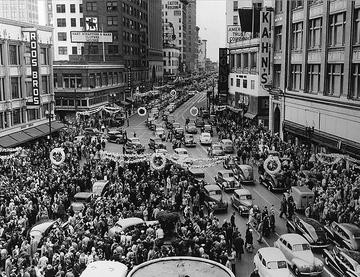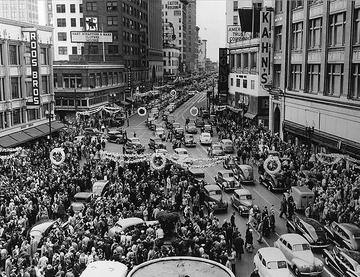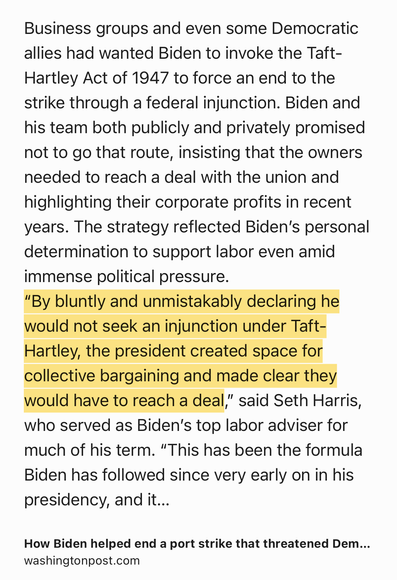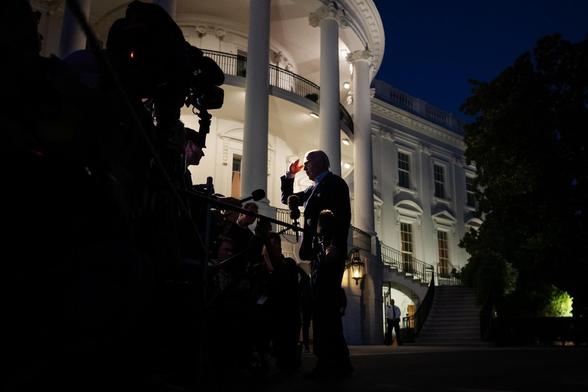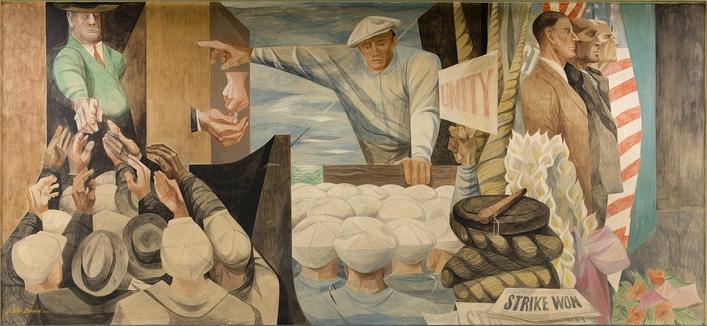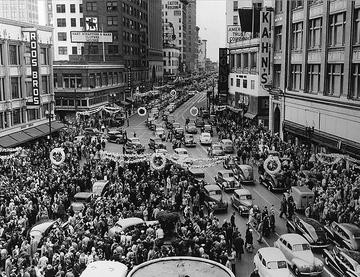The history of US #Labor and #laborday
Sep 5th in 1882, one of the New York workers #unions created the very first Labor day. 5 years later they moved it to May 1st in honor of the people who died in the #haymarket affair in Chicago, along with the anarchists that were accused and hanged with basically no evidence of having set off the bomb. That was the beginning of the death of knowledge of #anarchism in the US with its death knell in the 1919 first red scare, when a massive smear and misinformation campaign occurred to equate them all with terrorists. There was a small #anarchist faction mixed in with Italian nationalists who did use terrorism, but ti was a microscopic fraction compared to the rest of the movement.
#MayDay ay became international labor day, however during the second red scare and witch hunt when any free speech about socialism and what #Marx actually believe was suppressed or you could literally lose your job and never get hired again, Eisenhower reverted us to the first Labor day and remained may 1st as law day, which was a sick joke. Since then the majority of the US knows of a cartoonishly stupid and evil version of a weird mashup of #Marxist-Leninism and even that is over simplistic and yes you in the agricultural area, everyone got paid the same no matter how hard you worked, because they had disdain for the uneducated peasants, but in any other sector, once you made it past a certain quota you made more money for how much you worked.
Unions used to be effective. In many other nations Unions do the firing, they don't want bad workers in their unions anymore than companies do. They have been reduced to a bureaucracy that prevents anyone from getting fired. Departments of one industry have the ability to stage wildcat strikes, where the entire industry doesn't go on strike but one department can holding up the entire supply chain if they are being mistreated. They also could call for secondary boycotts where they can call for the people to not only boycott the company they work for, but call for other companies that carry the products.
In an off year election of 1948, a large chunk of people decided not to vote that year and the GOP swept the house and senate and passed the #Taft-Hartley act that has ruined Unions in the US ever since. They were able to override Truman's veto. They Banned wildcat #strikes , secondary #boycotts killed any chance of unions taking over the firing process and would fine and charge the unions and union leaders for certain strike tactics that are actually effective. They also banned all socialist and anarchist leaders from being union leaders of which 20% were removed, which by all accounts union workers preferred as they were always way more democratic with their decisions, of which its been said that American labor cut off its left foot and its been limping around in circles ever since.
After that Union bosses got more corrupt either more in bed with the company or in bed with the mob because they were so ineffectual and had no teeth. The act basically froze the progress they were making to unionize every workplace and locked it in to essentially 1/3 of the workforce making them a special class of worker that the other 2/3rd started view with both envy and negativity about for legitimate reasons.
But they still had some power and were able to keep wages rising and be a political force until Reagan killed that with the Air Traffic Controllers strike where he basically fired all of them striking and replaced them with scabs, letting all businesses know that they could abuse their workers again and the government would happily let them. Since then wages have stagnated in spite of productivity spiking like crazy and the only people who make money off of that productivity are people who already have money aka shareholders and we never see a cent.
Meanwhile thanks to the end of monopoly law enforcement which has been purposely broken and eroded by the GOP over the past half century, the privatization or literally everything and end up any consumer protection, all they prices have gone up for no other reason than people stand to make a lot of money if they do and as they have little competition, all they have to do is collude with each other and agree to raise the prices together and we are all screwed.
This labor day, think the the thousands that died to give you the weekend and all the workers rights your parents and grandparents had that you now don't and how one off year election where people didn't vote destroyed unions in a very short time. And call your senators to vote for the #PRO-Act that will end Taft Hartley and give real power back to unions like they have in the rest of the world and begin to raise our wages again to a real living standard. Spoilers: your GOP senators will not no matter what because they are 100% owned by mega-donors and corporations, and are banking on bothsidism that citizens united created to allow for billionaires and companies to buy congress. Welcome to the new gilded age. We've been here before we can come back from it again but in the mean time the planet bakes and we all get poorer and they all get richer making their "free speech" even more powerful than any citizen or worker.
Anyway happy 1st labor day!
To all the mastodonians who hate walls of text sorry, I'm on Friendica which has been around 6 years longer than your platform.
